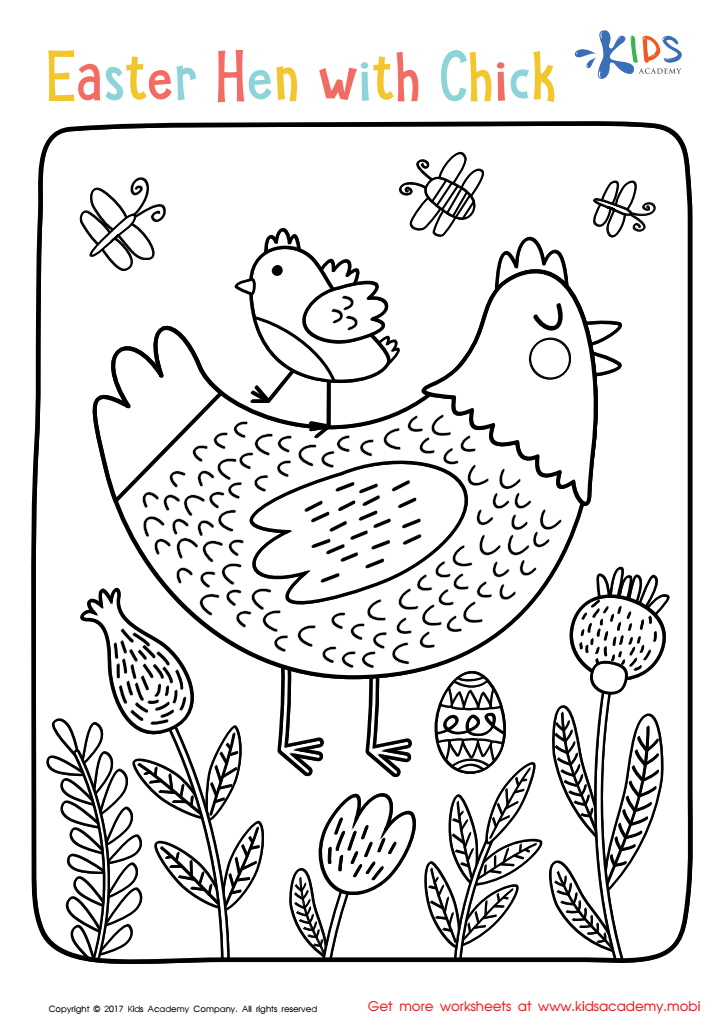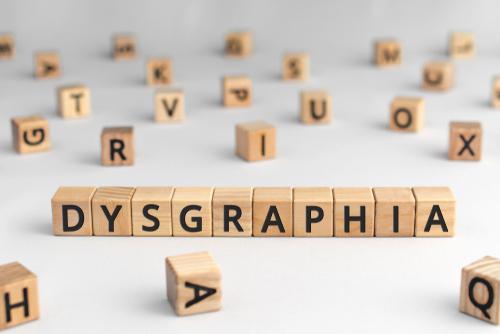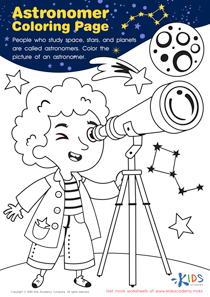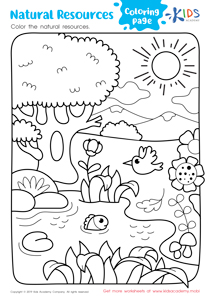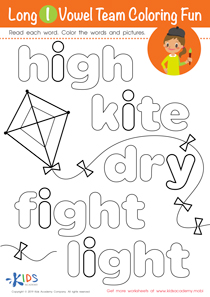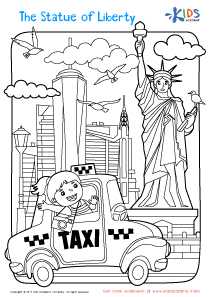Color recognition Normal Coloring Pages Worksheets for Ages 3-7
15 filtered results
-
From - To
Introduce your little ones to the vibrant world of colors with our Color Recognition Normal Coloring Pages Worksheets designed for ages 3-7. These engaging worksheets seamlessly blend fun with education, helping children to identify and name colors while developing their fine motor skills. Each page features delightful images and interactive activities that make learning an enjoyable experience. Perfect for both classroom and home use, our coloring pages are a wonderful tool to enhance your child's creativity and educational growth. Foster a love for learning through color recognition with our expertly crafted worksheets.
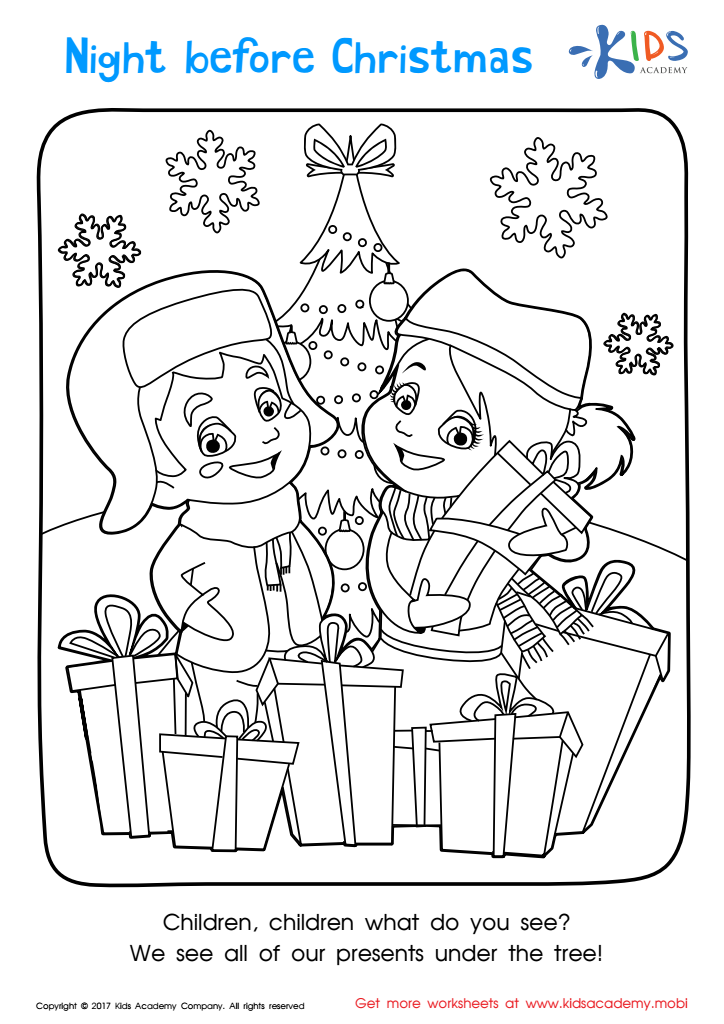

Christmas: Night Before Christmas Printable
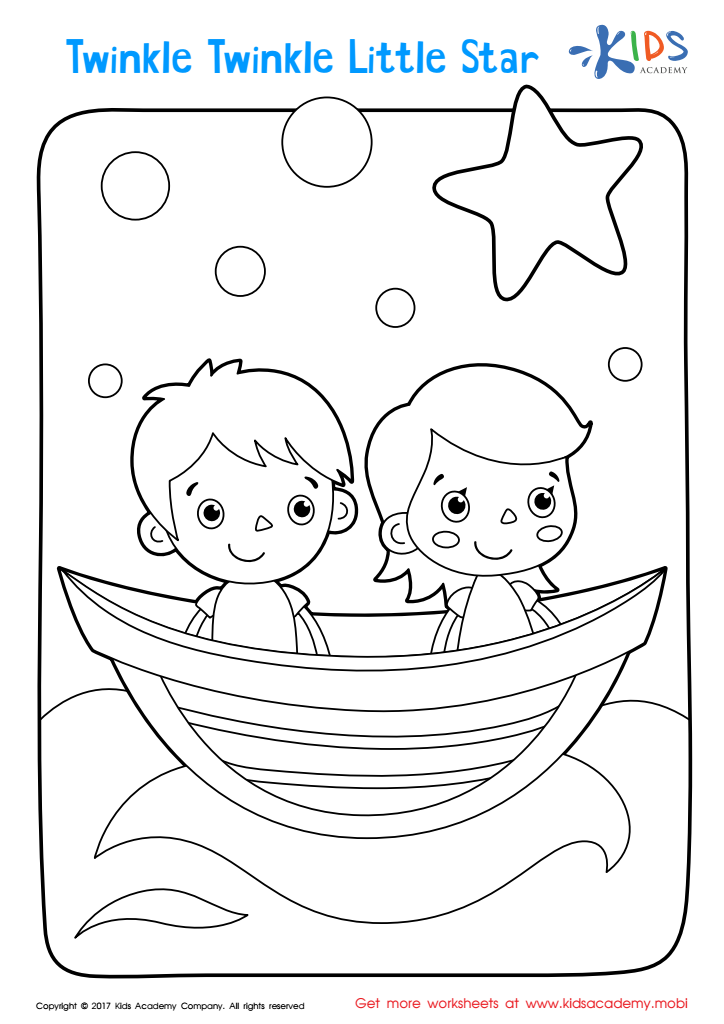

Twinkle Twinkle Little Star Coloring Page
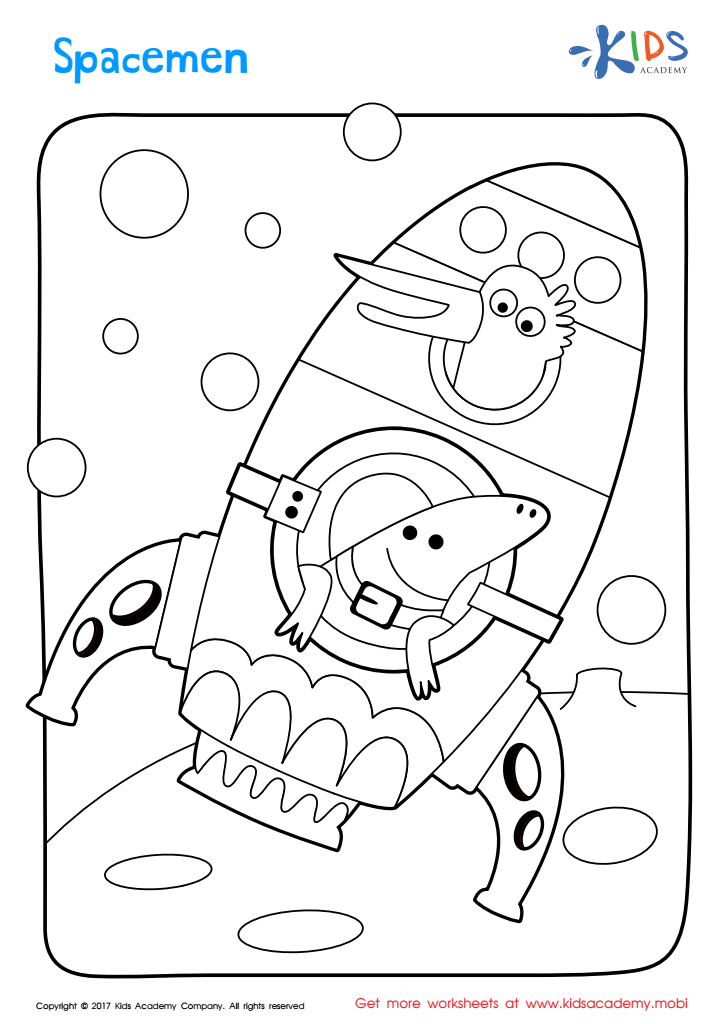

Spacemen Coloring Page
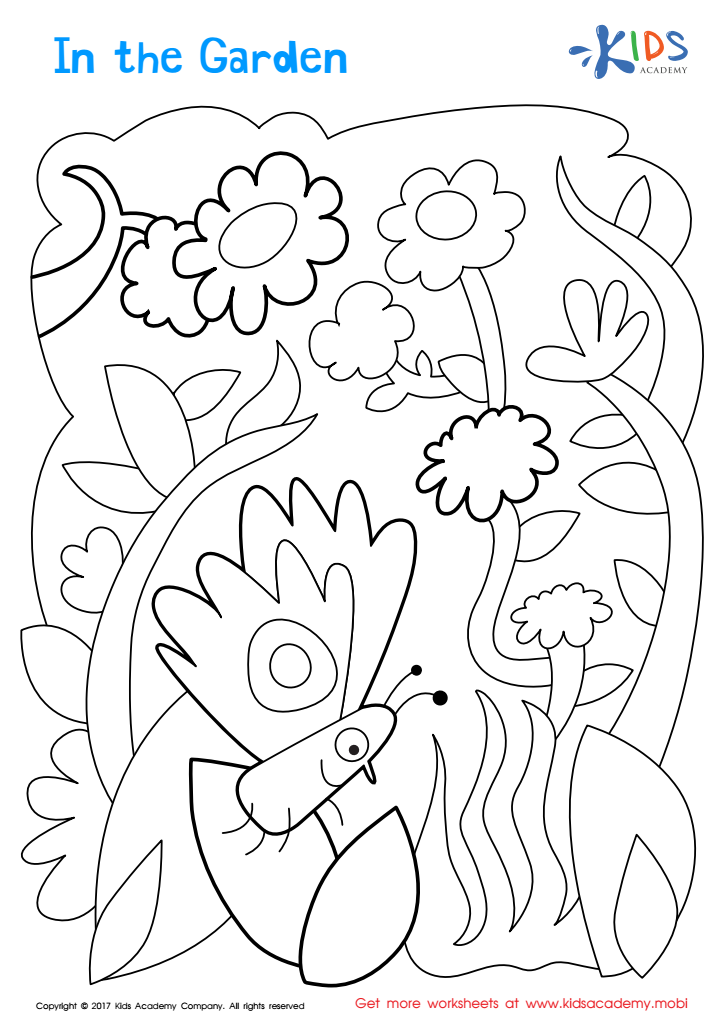

In The Garden Coloring Page
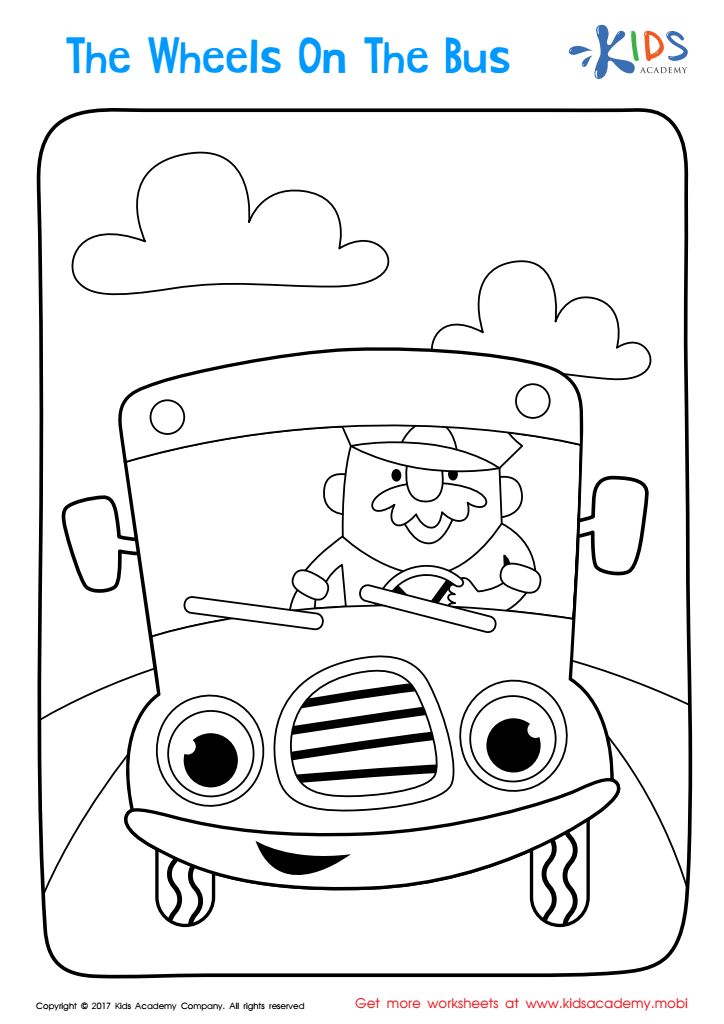

The Wheels on the Bus Coloring Page
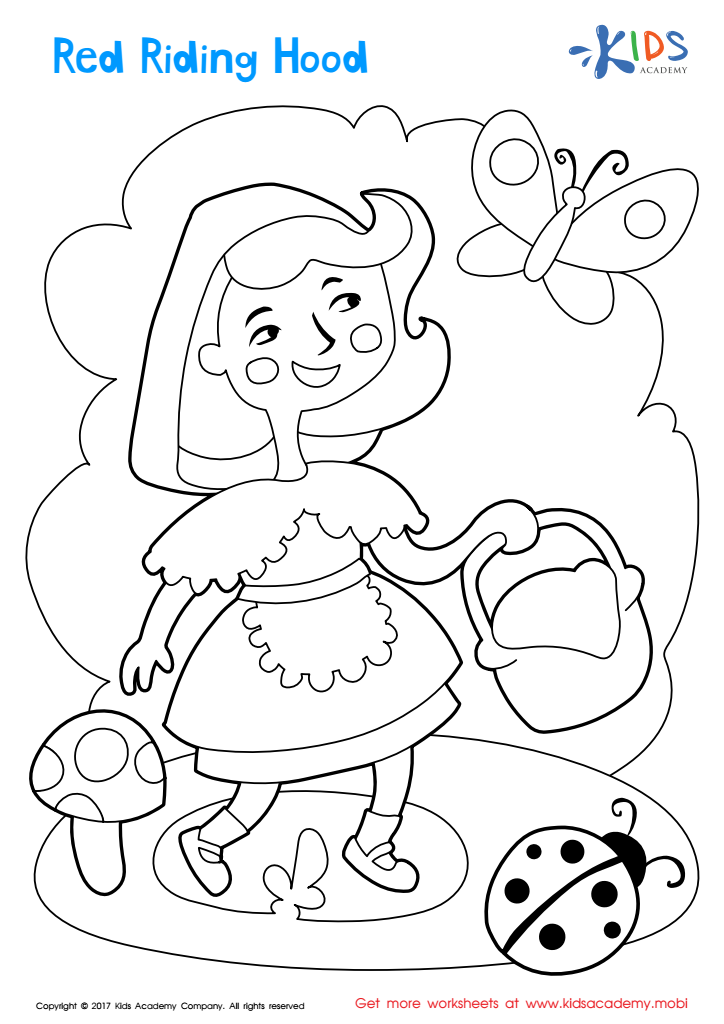

Red Riding Hood Coloring Page
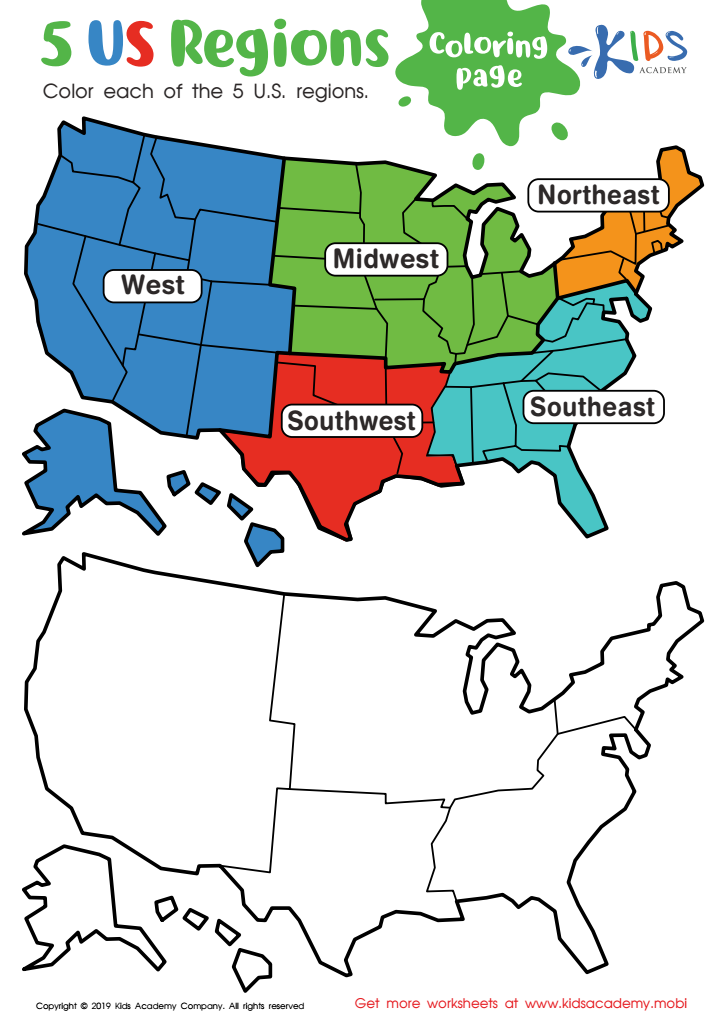

US Regions Coloring Page Worksheet
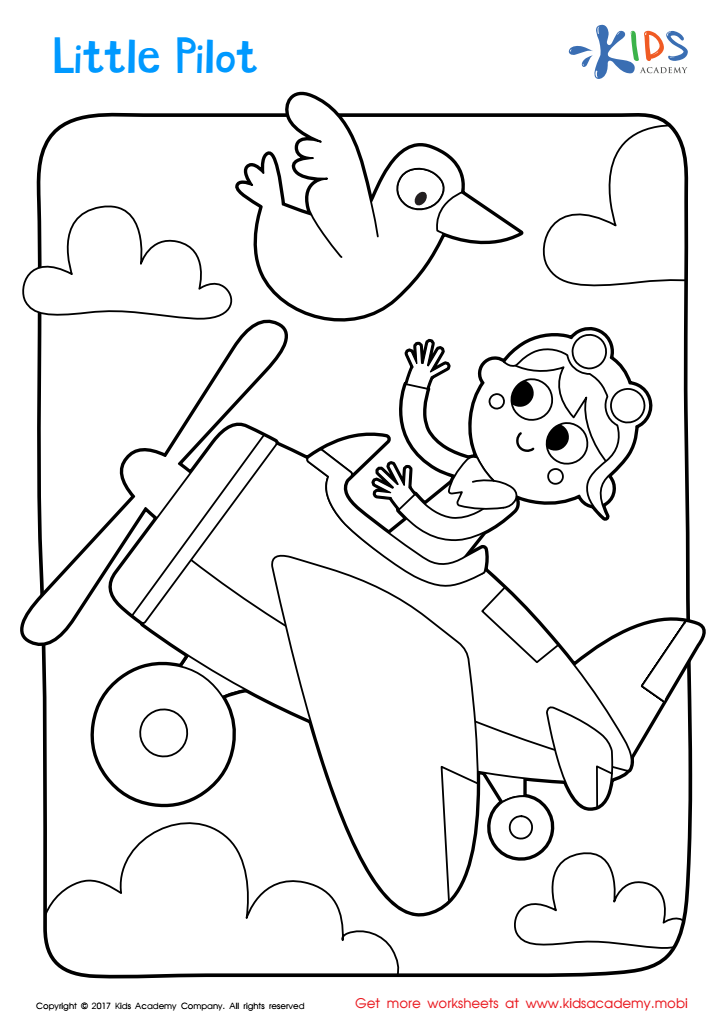

Little Pilot Coloring Page
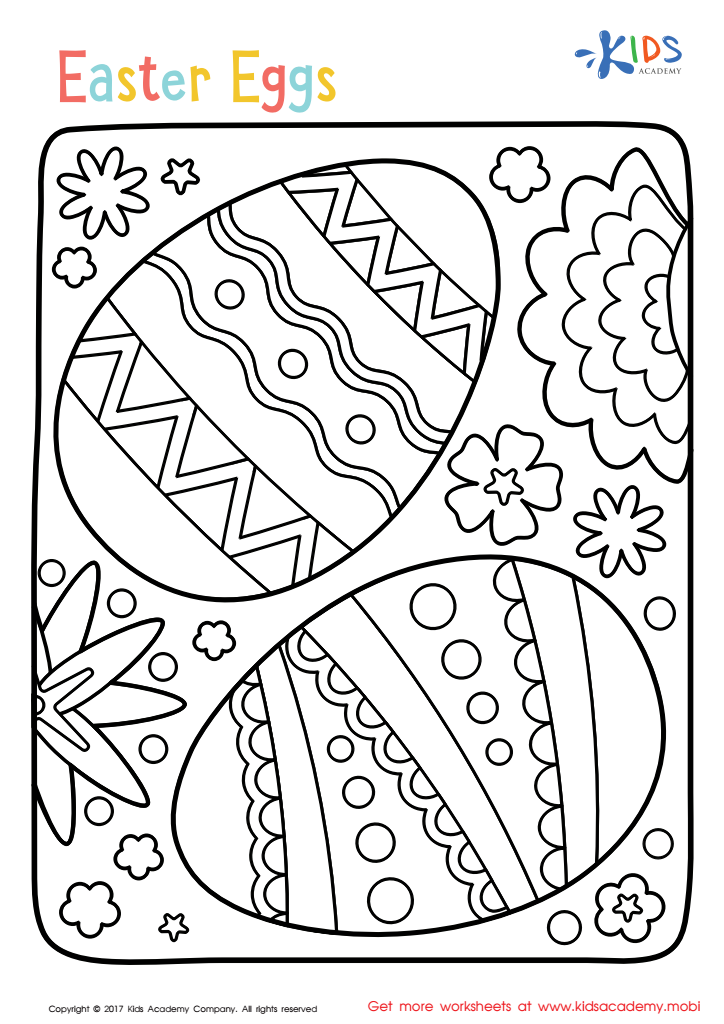

Easter: Easter Eggs Worksheet
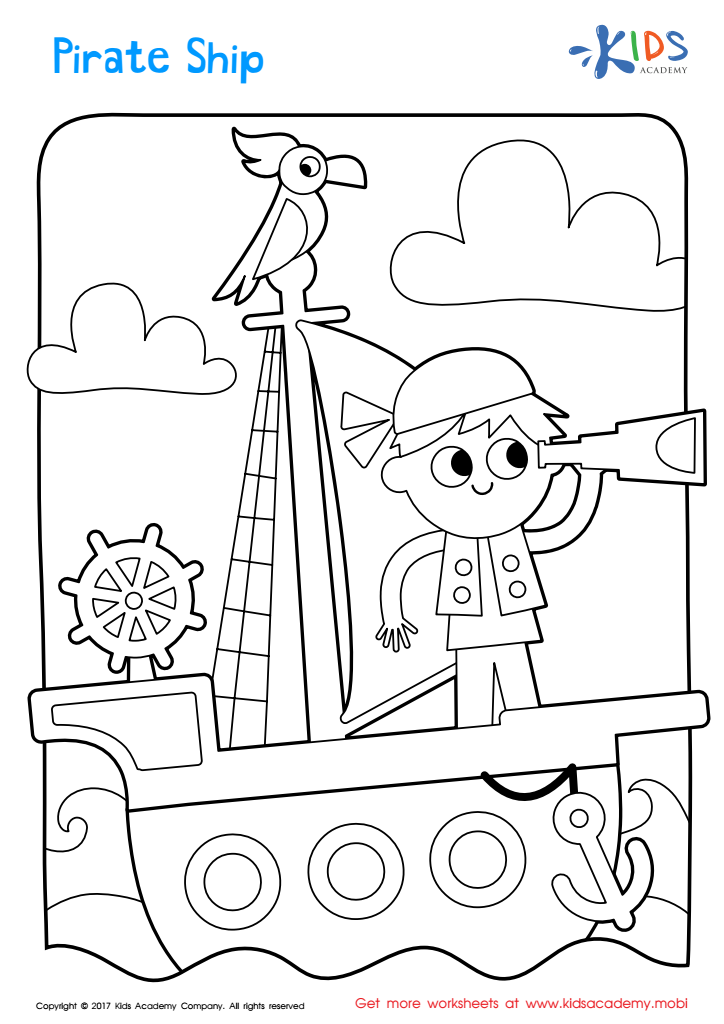

Pirate Ship Coloring Page


Turkey Thanksgiving Day Worksheet
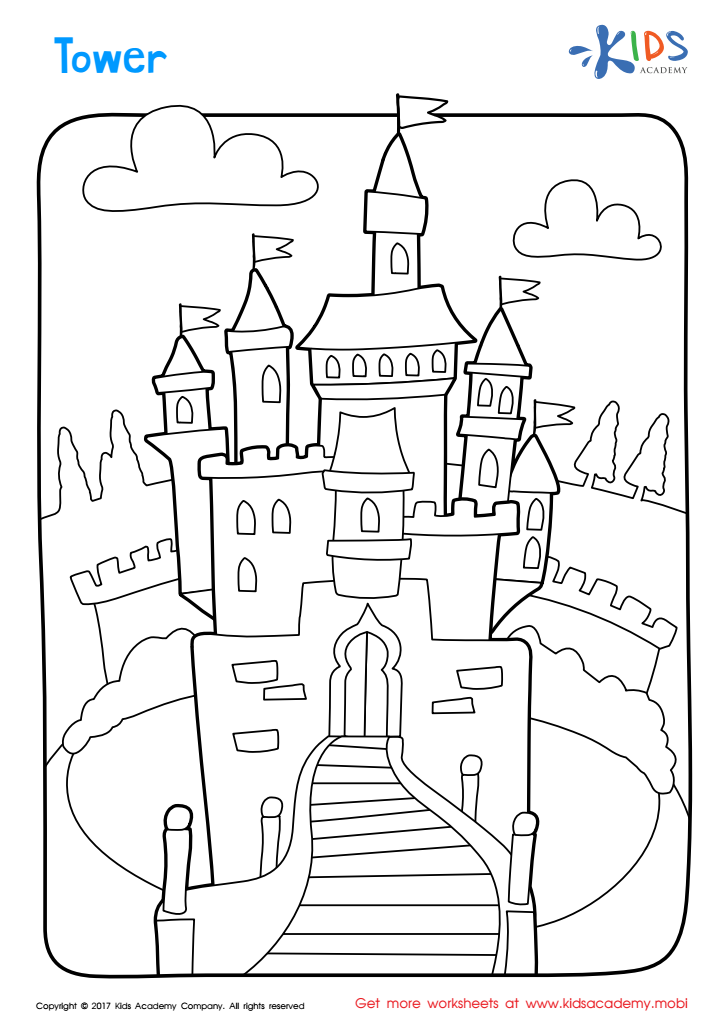

Tower Coloring Page
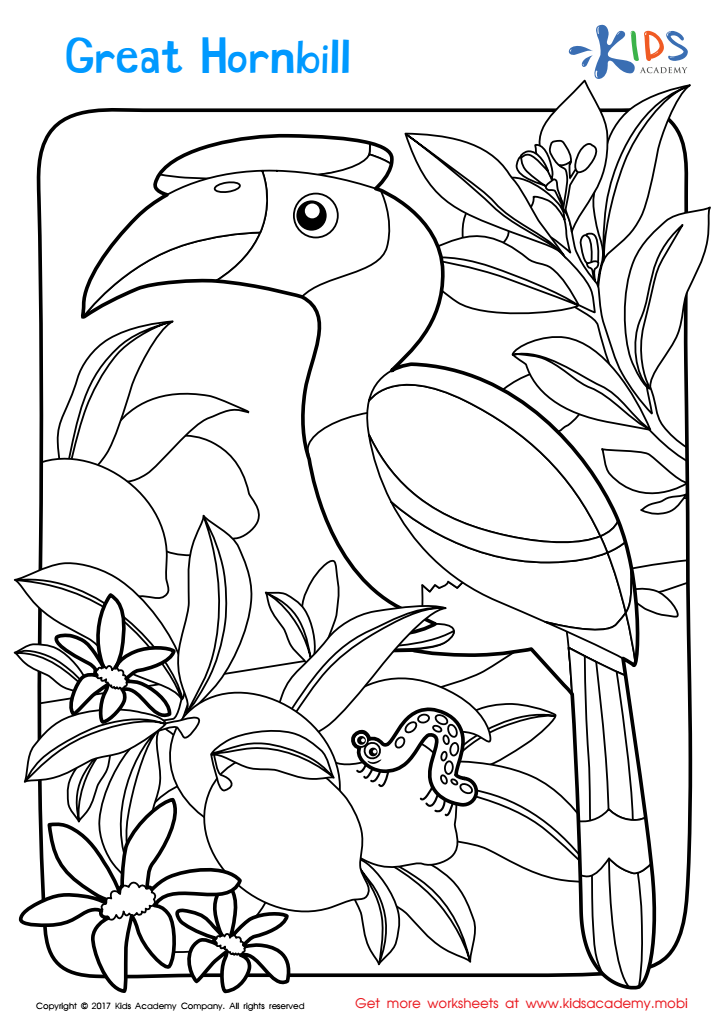

Great Hornbill Worksheet
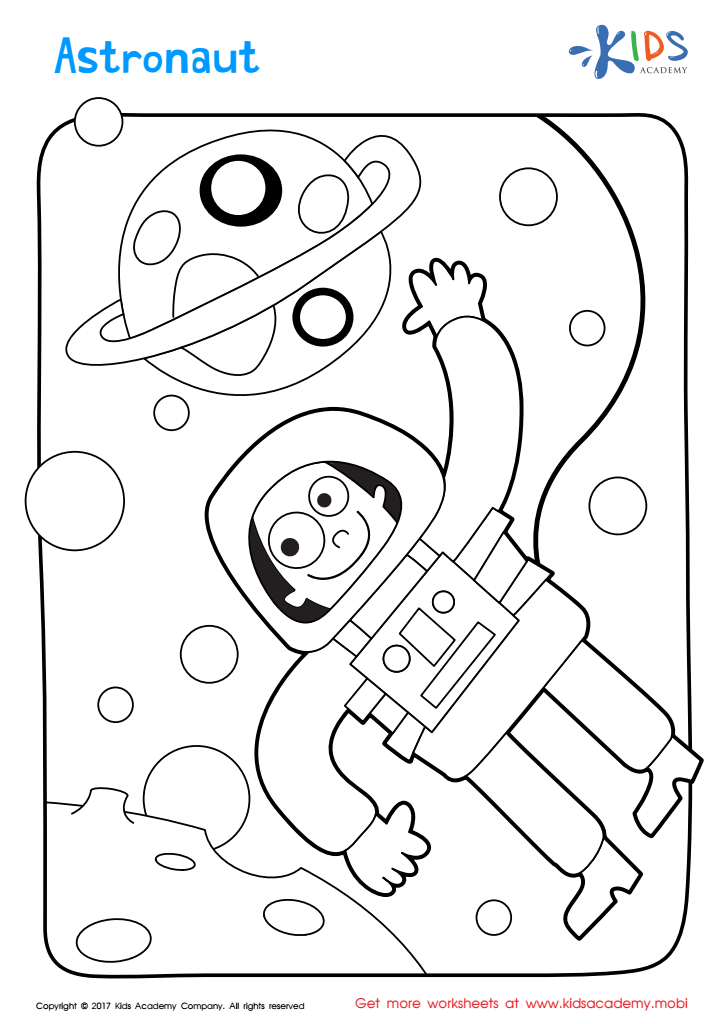

Astronaut Coloring Page
Color recognition is a fundamental skill for children ages 3-7 as it forms the foundation for developing more complex cognitive and motor abilities. Normal coloring pages serve as powerful tools to enhance this skill. When children engage in coloring activities, they learn to identify and differentiate between various colors, fostering cognitive development. Recognizing and naming colors is not just about visual perception but also about language skills; it prepares children for reading and word recognition by improving their vocabulary.
From a motor skills perspective, coloring within the lines requires hand-eye coordination and fine motor precision. These activities strengthen the small muscles in children's hands, aiding in handwriting readiness. Further, coloring can serve as a form of self-expression and emotional regulation. When children choose colors and use them in different combinations, they engage in creative thought processes and decision-making.
Moreover, coloring spaces can serve as a bridge between home and school learning environments. Parents can use coloring time to connect with their children, fostering emotional bonds and observing developmental progress. Teachers can incorporate coloring pages into lesson plans to reinforce themes in subjects like math, where different colors can be linked to groupings and patterns.
In essence, normal coloring pages for young children are not merely recreational; they are integral to a well-rounded developmental program that nurtures cognitive, linguistic, motor, and emotional growth.
 Assign to My Students
Assign to My Students
